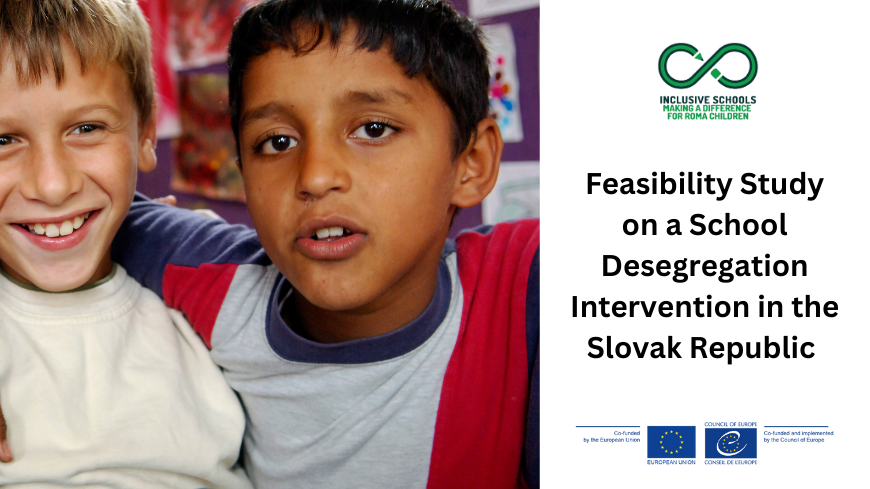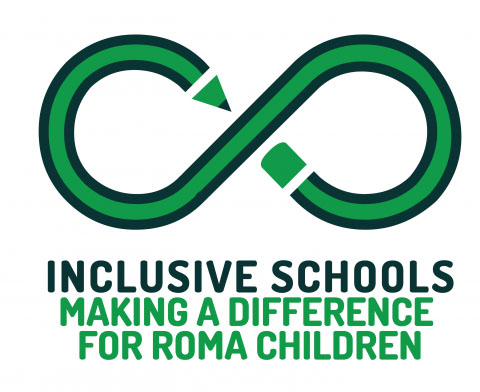The Feasibility Study on a School Desegregation Intervention in the Slovak Republic (Busing Study) was commissioned within the European Union and Council of Europe Joint Project, Inclusive Schools: Making a Difference for Roma Children (INSCHOOL) within its component dedicated to technical assistance and cooperation to relevant national public authorities in the process of design, implementation, monitoring, and review of relevant education and/or Roma inclusion policies.
The objective of the Busing study is to gather information on localities/cases where busing is an appropriate desegregation tool and has the potential of improving the educational conditions of Roma children and their inclusion. Improving the educational conditions of Roma children, which includes cases where children are educated in a two-shift operation near the Roma community and where transportation by bus to the nearest schools is possible, would improve their educational conditions and ensure possible inclusion within the ethnically heterogeneous classes.
The study provides specification of cases, where busing is relevant for Roma pupils in specific localities. These are mostly ethnically homogenous primary schools attended by children from Roma communities where transfer to other schools can offer an improvement in the quality of the educational process as well as intercultural encounter.
The Study presents relevant desegregation experiences and pertinent lessons learned, and reviews the contexts related to school-desegregation and examines lessons learned related to busing as a desegregation measure. This is followed by the review of the current situation of the school segregation in the Slovak Republic from normative, law-enforcement, and relevant jurisprudence angle, as well as the analysis that outlines possible school-demographic changing options and proposes a typology of clusters of sending and receiving schools. The Study also includes a chapter with recommendations based on quantitative and qualitative research as well as relevant literature on segregation and desegregation policies. The conclusions constitute a brief guidebook with the takeaways of the feasibility study presented as a chain of consequential policy approaches.
The study can be accessed here.


